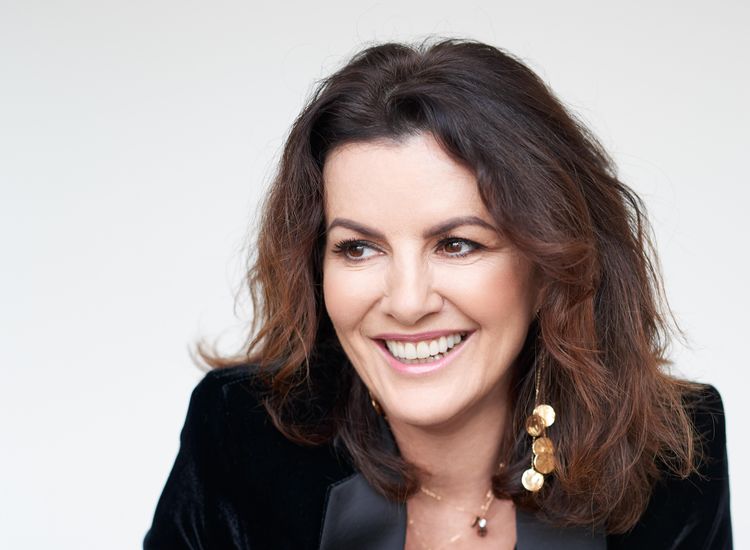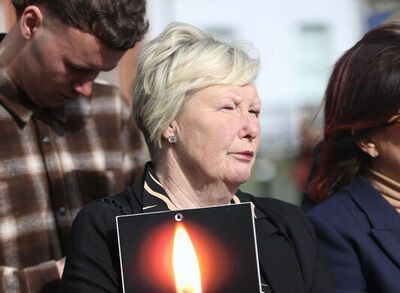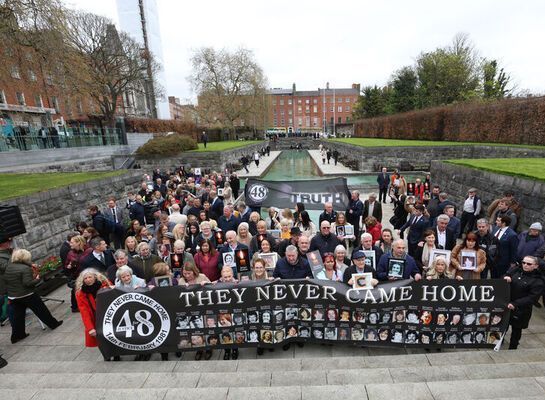In approaching “Burning Down,” Ashley Davis said “Go big…because why not?”
Music Notes / By Colleen Taylor
There are musicians who are steadfast—who deliver the comfort of tried-and-true music with every album—and then there are musicians who surprise and puzzle you with something new each time. Traditional folk singer/songwriter Ashley Davis might once have counted herself among the former category, but now in 2018, she most definitely falls into the latter. As a folk music fanatic, I love the customary old reliables (after all, the definition of folk music is that which is transmitted by custom), but Ashley Davis’s recent album release “Burning Down,” a pop/electro album with high studio production and dramatic synth sounds, reminded me I love a good surprise too. Davis earned her reputation as an intuitive, skillful songwriter several years ago on her early career albums, but this sixth record has now proven her skilled in versatility too. Still, beneath the carefully arranged, syndicated studio production, “Burning Down” whispers of something more organic, timeless, and yes, perhaps more Irish too: history, ghosts, and love. The new style and big, dramatic synths make “Burning Down” an exciting new turn for Davis, but it’s their pairing with her unique, ethereal voice that makes the album stand out.
Ashley Davis came to her career in Irish music in an unconventional way. Unlike most folk singers, she discovered, rather than inherited, the tradition. A native of Kansas, Davis was raised on country and bluegrass, but she quickly discovered a love of Celtic music—a love her singing voice nourished in its natural Irish timbre. Davis went on to earn a master’s degree at the University of Limerick’s Irish World Academy of Music and Dance and has released five traditional folk albums over the past 13 years. She has collaborated with Irish music giants from Moya Brennan and Cherish the Ladies to John Doyle and Lunasa, among others. Now, however, thanks to a two-year contract with a New York company that places songs in films, commercials and other mainstream venues, Davis saw her chance to do something completely different. She explained her decision to take a jump and make a change: “I paused and thought: here is your moment, take a chance. You can go in a completely different direction … and do what you are hearing all around right now.” In summary she said, “Go big…because why not?”
“Burning Down” does go big. The pop/electro style brings increased theatricality, intensity, and in some cases, a gothic element to Davis’s songs. And that’s exactly what she likes about her new genre: the darker sounds, the power behind the studio tech. She found it affected her lyrics too, seeking deeper, obscure metaphors rather than staying at surface-level. Although this kind of electro, ambient music is entirely new for Davis as a recording artist, it is long familiar to her ears. She joked that she might have named the album “The Baby Sitter Tapes” because she went that far back for influences—to the musicians her college-age sitters would listen to as they chauffeured her around, like the Velvet Underground and the Cure. In fact, Davis even does an adaptation of the Cure’s “Friday I’m in Love” for the album, but she has transformed it into a sweet, melancholy ballad that speaks to her Irish folk background. In making such a drastically different rendition, Davis’s voice literally draws the lines between two entirely disparate music traditions— 1970s rock and Celtic folk—and demonstrates a surprising, revelatory similitude in what is otherwise the greatest of contrasts. In fact, Davis’s “Friday I’m in Love” reminded me to check my own musical prejudices at the door—that ostensibly simple, jocular-sounding pop-rock lyrics can be as profound as any other.
Whether writing Celtic new age, Irish folk, bluegrass, or now, electro pop synth, Davis always comes back to lyrics of love. When I asked her why this was, her response captured the profundity and romanticism of her verse-writing: “Love is what puts us to bed at night and gets us up in the morning. Love is what keeps us up all night and distracted all day. I love observing love.” “Burning Down,” she says, is the creative product of two years of observing love, and indeed, there are songs covering all aspects of falling in and out of love: frustration, sensuality, tenderness, and haunting. “Bus to Dublin,” for instance, is a pop-y Corrs-like anthem about a fight with a loved one while “Take Me Home” is slow and romantic.
But the real masterpiece on “Burning Down” is the title track. With this song, Davis does a study in versatility: the album begins with the initial, new age pop-drama version with percussion and synth sounds, and then concludes in a cyclical fashion with an acoustic, folk version of “Burning Down.” To work through the journey of this high production album and then end by returning to the traditional Davis, the traditional Irish sound, transforms the album into an unexpected homecoming. The album forces you to think, compare, curiously explore the differences between what is, technically speaking, the same song. When I came to the end of the album, I found myself preferring the acoustic version of “Burning Down,” but I also realized I could only understand and appreciate that concluding track because I had heard the electric, synth version. Lyrically, the song moves from an 18-century ballad about “no title / no land to call my own” and “fighting the Queen’s battles” to modern love song with lyrics like “his heart is all I know.” This hybridization of the historical and contemporary, of war and love, has a context: when Davis wrote the song, she was reading manuscripts on songs of the dispossessed from the eighteenth century. The documents of historical strife structured the metaphors of Davis’s love song, and coincidentally enact the timelessness of music.
The more I listen, the more I realize that “Burning Down” does not simply follow the lead of people like Roisin O and other Dublin artists foregoing Irish folk in favor of electronic synth. Rather, it makes this trendy transition by providing a complex thesis on why the move from folk to synth might make sense, creatively. “Burning Down” is a hybridized album that delights in displacement. As a listener, that displacement taught me a number of lessons. When I listened to the title track, I recognized the chameleonic nature of creativity—that sometimes in order to invent we must first uproot, displace, change our colors, become newly alien to ourselves. “Burning Down” also taught me that culture is, at the end of the day, a simple physics principle: for every influence, there is another equal and completely opposite influence—and both are equally valid. Most importantly, “Burning Down” showed me that we must engage the modern genres to better hear and understand the traditional ones. The old truism says we must turn to history to better understand our present, but Ashley Davis’s “Burning Down” also proves we must engage our present to better understand our history.
“Burning Down” is available at daisyrings.com. You can catch Ashley Davis live this winter, as she tours with Lunasa’s Christmas show as featured vocalist for the second year in a row.










